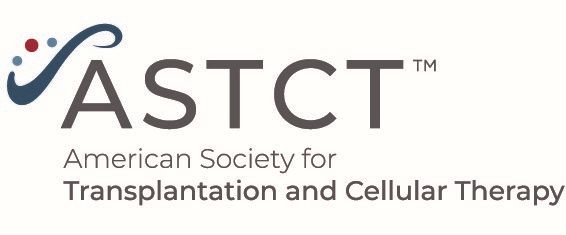
Early inflammatory markers as prognostic indicators following allogeneic stem cell transplantation

Researchers at the University of Birmingham in the UK have explored the dynamics of inflammatory biomarkers following allogeneic hematopoietic stem cell transplantation.
Researchers at the University of Birmingham in the UK have explored the dynamics of inflammatory biomarkers following allogeneic hematopoietic stem cell transplantation. This study seeks to enhance early prediction of patient outcomes through the monitoring of 92 proteins immediately after transplantation and 2 weeks post-transplantation.
The study found that patients who later developed acute graft versus host disease exhibited lower levels of IL18-R1, LIF-R, and IL22-RA1. Conversely, those who experienced chronic GvHD displayed lower levels of CD244, TSLP, IL15-RA, and IL-33. Higher levels of seven inflammatory proteins—CD244, LIF-R, FGF21, IL10-RB, HGF, CD40, and TNFRSF9—were linked to an increased risk of disease relapse. This underscores the importance of dynamic monitoring of inflammatory responses to better predict and potentially mitigate post-transplant complications.
These findings emphasize the potential role of specific proteins and their receptors in alloreactive immunity and suggest a link between baseline inflammatory profiles and treatment outcomes. The trajectory of change in protein concentrations provides a strong indication of the risk of GvHD or relapse, indicating a strategic approach to patient monitoring that could lead to personalized care. Despite its limitations, such as the need for validation in larger cohorts, this study marks a significant step toward the utilization of early post-transplant biomarkers for predicting clinical outcomes.
Reference
Verma K, Croft W, Greenwood D, et al. Early inflammatory markers as prognostic indicators following allogeneic stem cell transplantation. Front Immunol. 2024;14:1332777. Published 2024 Jan 3.
Newsletter
Stay up to date on recent advances in the multidisciplinary approach to cancer.





































